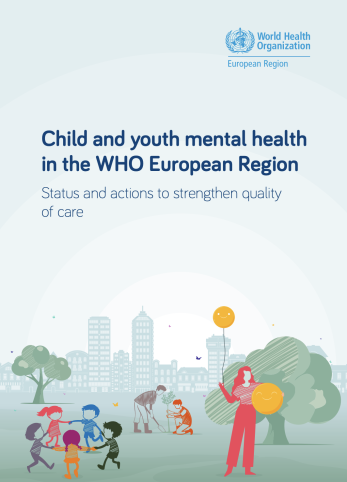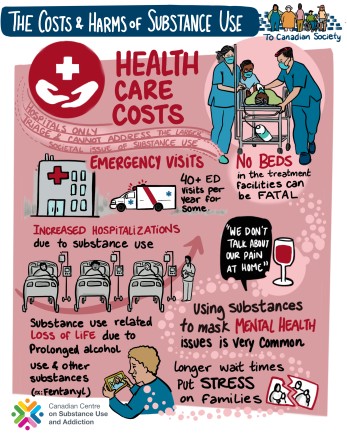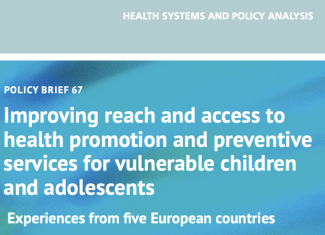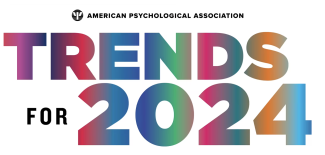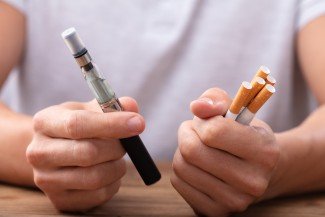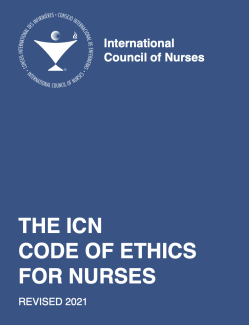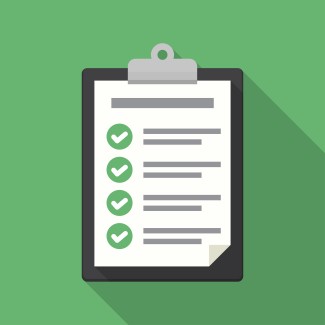
Ara
Alcohol Use Among Adults in Greece and Kazakhstan: Results from an Online Research
From Policy to Possibility: Rethinking Municipal Impact Through Intersectionality and Prevention
This blog post explores how Sweden’s municipal policymaking often falls short of its stated commitments to equality and evidence-based governance—particularly when it comes to addressing intersecting identities and structural inequalities...
Improving reach and access to health promotion and preventive services for vulnerable children and adolescents
Across Europe, one in four children faces poverty or social exclusion, with vulnerable groups—such as migrants, refugees, and children from disadvantaged families—bearing the greatest burden. These disparities were worsened by the COVID-19...
Key findings from the 2024 European School Survey Project on Alcohol and Other Drugs (ESPAD)
This publication presents key findings from the 8th round of the European School Survey Project on Alcohol and Other Drugs (ESPAD), conducted in 2024 among 113,882 students aged 15–16 across 37 European countries.
Marking 30 years of...
Psychologists are innovating to tackle substance use by building new alliances in treatment efforts
Recent data from the U.S. highlights a concerning rise in substance use and related harms. In 2022, over 109,000 drug overdose deaths were recorded—a 54% increase since 2019. The majority involved illicit fentanyl, often mixed with...
Highlights from the 2025 UNODC World Drug Report
Tobacco treatment billing and tobacco use disorder diagnosis in healthcare settings in the United States: an analysis of South Carolina medicaid claims
Background
Tobacco use is the leading cause of preventable death in the United States. Although Medicaid covers tobacco cessation treatments, smoking rates remain much higher among Medicaid beneficiaries (30%) compared to those with private...
Smoking and bladder cancer: insights into pathogenesis and public health implications from a bibliometric analysis (1999–2023)
Background
Cigarette smoking is a major risk factor for bladder cancer. Harmful substances in tobacco smoke can damage cells and lead to cancer. Understanding this link is important for better prevention and treatment.
Objective
This study...
Substance Use Disorders: A Guide for the Primary Care Provider
This practical and up-to-date guide offers comprehensive support for primary care clinicians managing patients with substance use disorders. Covering a wide range of substances and clinical scenarios, the book is organized into four parts...
The role of specialist Addiction Nurses in alcohol treatment
A new study from the University of Dundee and University of Stirling highlights the impact of placing specialist Addiction Nurses (ANs) within primary care teams to support individuals with serious alcohol problems in disadvantaged...
The role of UK alcohol and drug (AOD) nurses in a changing workforce
Background:
This article shares findings from a study that looked into how alcohol and other drugs (AOD) nurses in the UK view their current career opportunities and the challenges they face. It also explores how changes in health services...
Use of Health Services by Residents at a Seniors-only Living Facility
The objective of the study was to compare the use of medical and dental services by seniors residing at a seniors-only living facility and in the general community. It was a quantitative study, among 50 residents of the living facility and...
Addiction Nursing Competencies A Comprehensive Toolkit for the Addictions Nurse
With the increased role of nurses in caring for patients with substance addiction, there was a clear need to develop the Addiction Nursing Competencies to guide and support the nursing workforce. A literature search revealed a lack of...
The burden and risks of emerging complications of diabetes mellitus
Abstract:
While the traditional complications of diabetes mellitus—such as cardiovascular disease—are well recognized, advances in treatment and increased life expectancy have revealed a new set of lesser-known complications that are...
The International Council of Nurses Code of Ethics for Nurses
Purpose:
The International Council of Nurses (ICN) Code of Ethics for Nurses outlines the ethical values, responsibilities, and professional accountabilities of nurses and nursing students. It is designed to guide ethical nursing practice...
Low Awareness of Diabetes as a Major Risk Factor for Cardiovascular Disease in Middle- and High-Income Countries
Objective:
Understanding that diabetes is a major risk factor for cardiovascular disease (CVD) may help increase diabetes screening and improve prevention efforts for CVD.
Overview:
The American Heart Association conducted an online survey...
Nursing and the Sustainable Development Goals: A Scoping Review
Purpose:
In 2015, all UN member states adopted the Sustainable Development Goals (SDGs) to promote global economic, social, and environmental progress. This scoping review explores how the nursing profession is connected to the SDGs and...
Evidence-Based Nursing Practice and Drug Demand Reduction
In Recognition of Nurses’ Week (May 6–12, 2025)
This global health, nursing-led initiative highlights the vital role of nurses in addressing substance use disorders (SUD) through evidence-based practice. The effort promotes improved health...
Lifelong learning and nurses’ continuing professional development, a metasynthesis of the literature
Background
Continuing Professional Development (CPD) is important for helping nurses keep their skills and knowledge up to date. While it’s well known that CPD is essential, we know less about how nurses feel about it and what challenges or...
CALL FOR PAPERS – Health Policy and Planning supplment: Changing Health Systems: Advancing Justice and Sustainability through Research, Policy and Practice
Health systems are undergoing rapid and often unpredictable transformations. These changes are driven by technological advancements, shifting demographic patterns, climate change, and geopolitical tensions. The COVID-19 pandemic, for...
Share the Knowledge: ISSUP members can post in the Knowledge Share – Sign in or become a member
